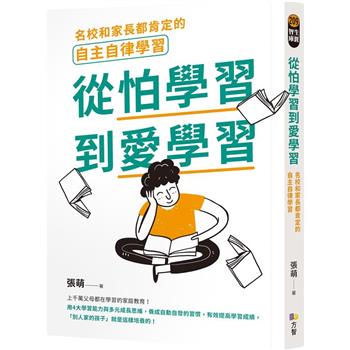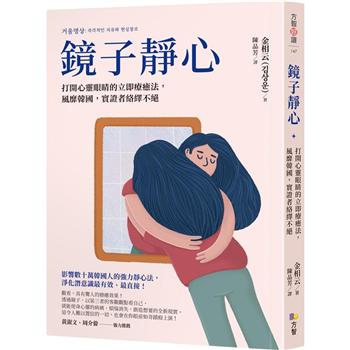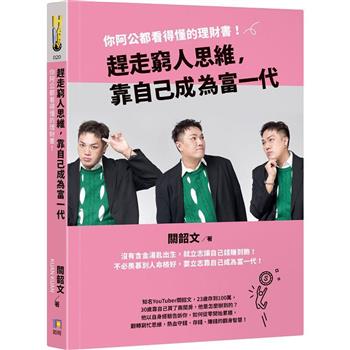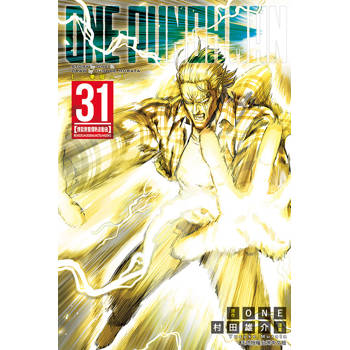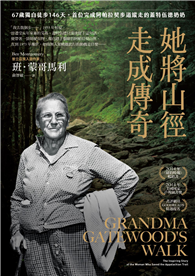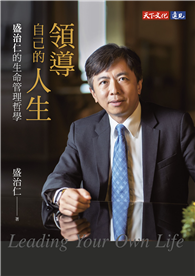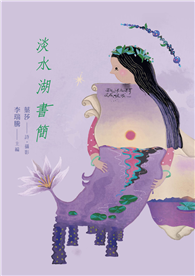This book presents contributions from research carried out in 2015 at the Federal University of Santa Catarina (UFSC/Brazil). Its purpose was to investigate the regulatory processes inherent in the functioning of an early childhood education institution and, on the other hand, to highlight the children’s point of view, i.e. how the regulatory forms, materialized by rules and norms, are placed in the educational unit and how the children perceive, understand and operate with them. Based on a dialog established between the data generated in the field and the theoretical framework of Boaventura de Sousa Santos, Erving Goffman and Michel Foucault in an interface with studies in the field of the Sociology of Childhood and a Pedagogy of Childhood, it was found that, even though they are constrained by the impositions of rules and norms created by older subjects, children subvert the logic of adults and assert their interests, making their cultural universes explicit. Children use the most varied strategies, based on their imaginative repertoires, their experiences and their games, to go beyond the order imposed by modern rationality.
| FindBook |
|
有 1 項符合
Mafra Rebelo的圖書 |
 |
$ 4560 | Modernity and Regulation in the Education of Young Children
作者:Mafra Rebelo 出版社:Our Knowledge Publishing 出版日期:2024-07-30 語言:英文 規格:平裝 / 124頁 / 22.86 x 15.24 x 0.74 cm / 普通級/ 初版  看圖書介紹 看圖書介紹
|
|
|
圖書介紹 - 資料來源:博客來 評分:
圖書名稱:Modernity and Regulation in the Education of Young Children
|

